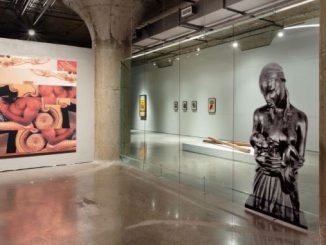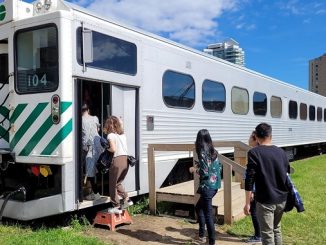As of July 30th, the Ontario Heritage Trust has announced the renaming of Uncle Tom’s Cabin Historic Site to the Josiah Henson Museum of African-Canadian History in honour of Josiah Henson.
The change comes as a response to the historical and growing negative connotation associated with the term ‘Uncle Tom’ and gives greater recognition to an important figure of the abolition movement in the U.S. and Canada.
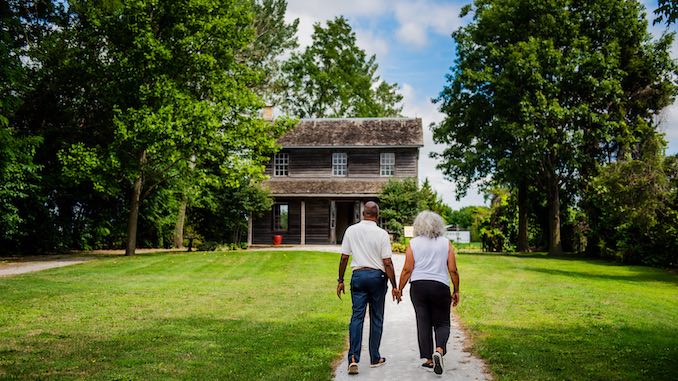
Harriet Beecher Stowe published the novel Uncle Tom’s Cabin in 1852. The main character’s trials, tribulations and courage were inspired by Josiah Henson’s autobiography, published in 1849. Stowe wrote the novel to express, fictionally, the hardships of those enslaved. However, the character Uncle Tom was twisted by racists putting on minstrel shows. Now, canonically, the term “Uncle Tom” refers to a grotesque, offensive caricature of a black man used for comic relief.
Sadly, this connotation buried the success of Stowe’s novel that helped propel the American Civil War. Even sadder, the success of Stowe’s novel buried the important legacy of Josiah Henson’s endeavours on the Underground Railroad as well as later in life when he helped found a haven in Canada for newly freed enslaved people.
“We’re continuing to correct the myth behind ‘Uncle Tom’ and will use this as a teaching tool to talk about anti-Black racism and the challenges Black people are still facing today.” said museum manager Steven Cook.
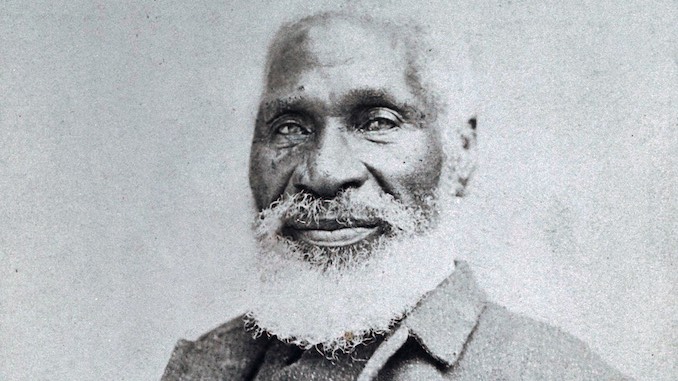
While a conductor of the Underground Railroad, Josiah Henson led 118 people from slavery to freedom in Canada. Near where Dresden, Ontario, stands now, Henson helped establish a community for refugees seeking a better life: The Dawn Settlement. At this settlement, Henson also helped establish the British American Institute where refugees of slavery and the free Black population were given an education and trade skill training. From his memoir, The Life of Josiah Henson, Formerly a Slave, Now an Inhabitant of Canada, and his public speaking Henson became a spokesperson for the available prospective livelihoods of freedom seekers should they choose refuge in Canada.
The Josiah Henson Museum of African-Canadian History is a five-acre complex that includes the Josiah Henson House, a pioneer church, and an interpretive centre. Their collection contains artifacts and buildings related to Dawn Settlement and the British American Institute. In 1948 the museum opened as a tourist attraction by the name “Uncle Tom’s Cabin”, in 1964, it became “Uncle Tom’s Cabin and Museum”, then in 1995, it became “Uncle Tom’s Historic Site” which it has stood as until today.
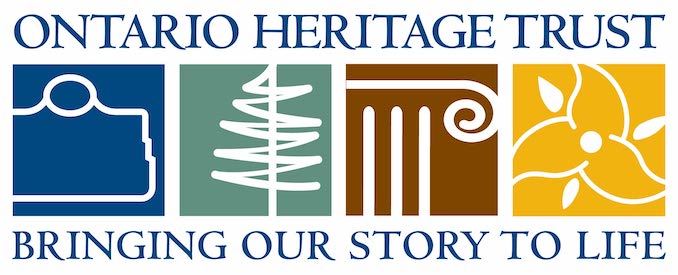
“Josiah Henson is not well known in Canadian history. He should be,” said Beth Hanna, CEO of the Ontario Heritage Trust. “His story sheds light on the realities of slavery and on those who fought for freedom for themselves and others. He worked to provide a place of safety, where Black refugees from slavery could thrive and build lives based on the opportunities provided by community, education, land and personhood.”
The museum was acquired in 2005 by the Ontario Heritage Trust. The Trust ensures that Ontarian history is preserved, accurately interpreted, and shared with the public. Moving forward this name change effort is part of an extensive overhaul by the Trust to review and potentially adjust remaining properties and programs through an inclusive, anti-racist lens.
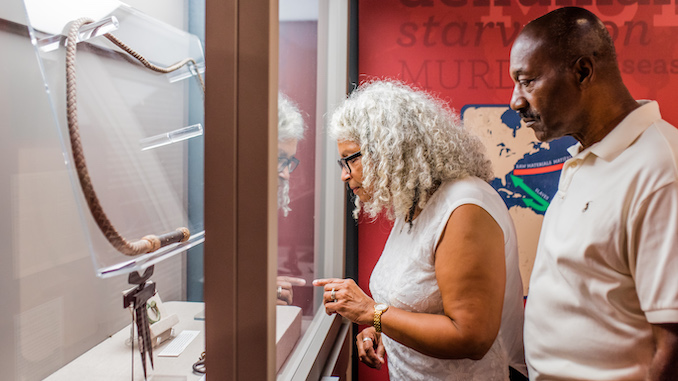
The Josiah Henson Museum of African-Canadian History’s summer hours are Tuesdays to Saturdays 10 am to 3 pm. The season ends on October 21st, 2022. Private tours are available by appointment from November 1st, 2022, through April 30th, 2023.
Check out their website for more details.


